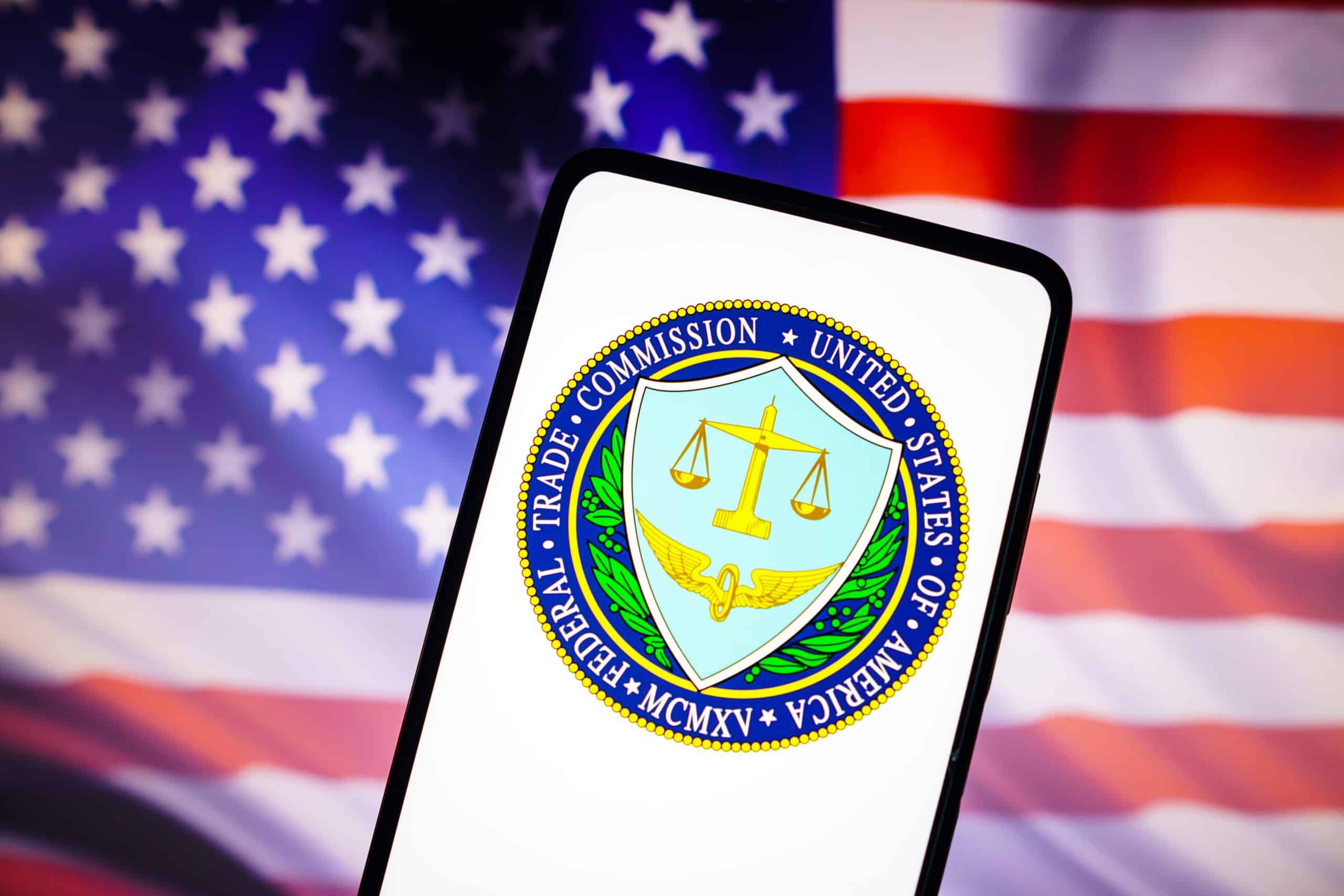The Federal Trade Commission has just updated its guidelines on endorsement ads. They are the first changes to the FTC’s Enforcement Guide since 2009.
Fake reviews, virtual influencers, and tags in social media are all covered in these new rules. They also have guidelines on what “clear and conspicuous” disclosures mean. Current built-in disclosure features on platforms may not be in compliance with the FTC’s new guidelines.
For example, disclosures in radio ads or podcasts must be “at a volume, speed, and cadence for people to understand.
The new guidelines are still a bit ambiguous because the FTC does not give any step-by-step instructions.
So, what would be considered “deceptive” by the FTC?
If a radio personality talks about a coffee maker, for example, and how much they love it, use it all the time, and how easy it is to use but have only seen it demonstrated by the advertiser to make coffee and never really use it… That would be flagged as deceptive.
However, if the radio or podcast host begins a show reading copy that talks about a product or service, the host does not have to disclose that they were compensated because it “is reasonably obvious to most.”
Radio and podcast personalities who say, “XYZ asked me to try their product,” would be okay because the context makes it clear that it’s an endorsement and that the personality got to keep the product for personal use (but didn’t get monetary compensation).
Using the word “gifted” [to me] is not sufficiently clear unless the brand name is mentioned.
Regarding social media hashtags, there is no rule that “#ad” be at the beginning or end of a post… but “#endorsement” does not make it clear that money was paid to the host or station.
“The matter at hand is whether disclosures are easily noticeable, easily understandable, and hard to miss by ordinary consumers,” the FTC said.
“The issue is—and always has been, whether audiences understand the reviewer’s relationship to the company whose products are being recommended. If the audience understands the relationship, a disclosure isn’t needed.”
For example, a disclosure that says, “Company X gave me [product name] to try, and I think it’s great” would be acceptable.
Note:
Need help with your ad copy to stay current with changing regulations? That’s what we help our clients do when we create their marketing. Often times we know which lawyers specialize on a product for a review. Contact Michael at 615-933-4647 or email him at [email protected].


